The Global Library of Women’s Medicine
Loading...
Enhancing the Welfare of Women
Expert Health Information for Women
CONTRACEPTION
A guide to family planning

The Global Library of Women’s Medicine
(www.glowm.com)
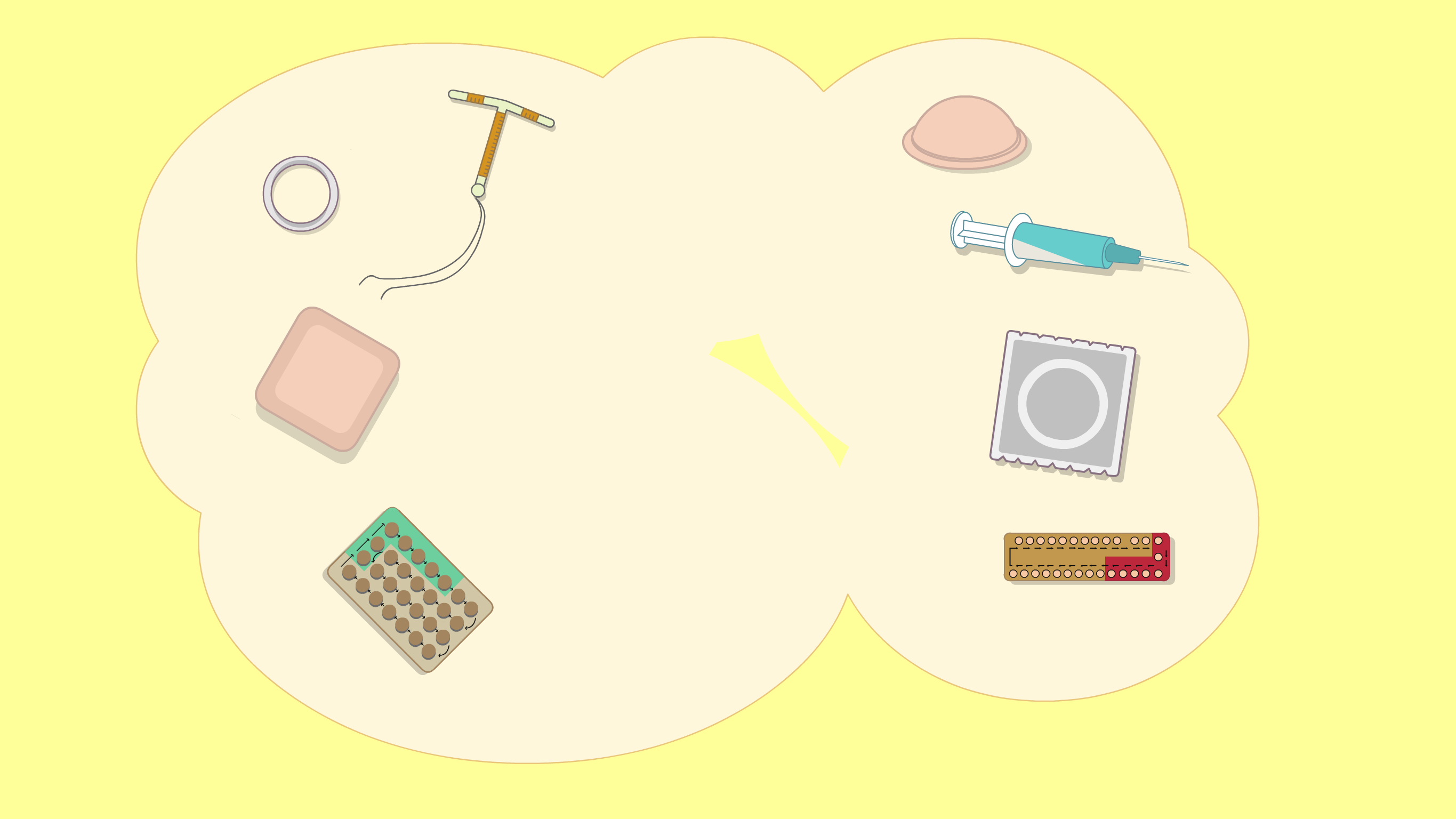

Contraception stops you from getting pregnant when you do not want to have a baby. It can help you plan your family so you can wait until you feel ready to have a baby.


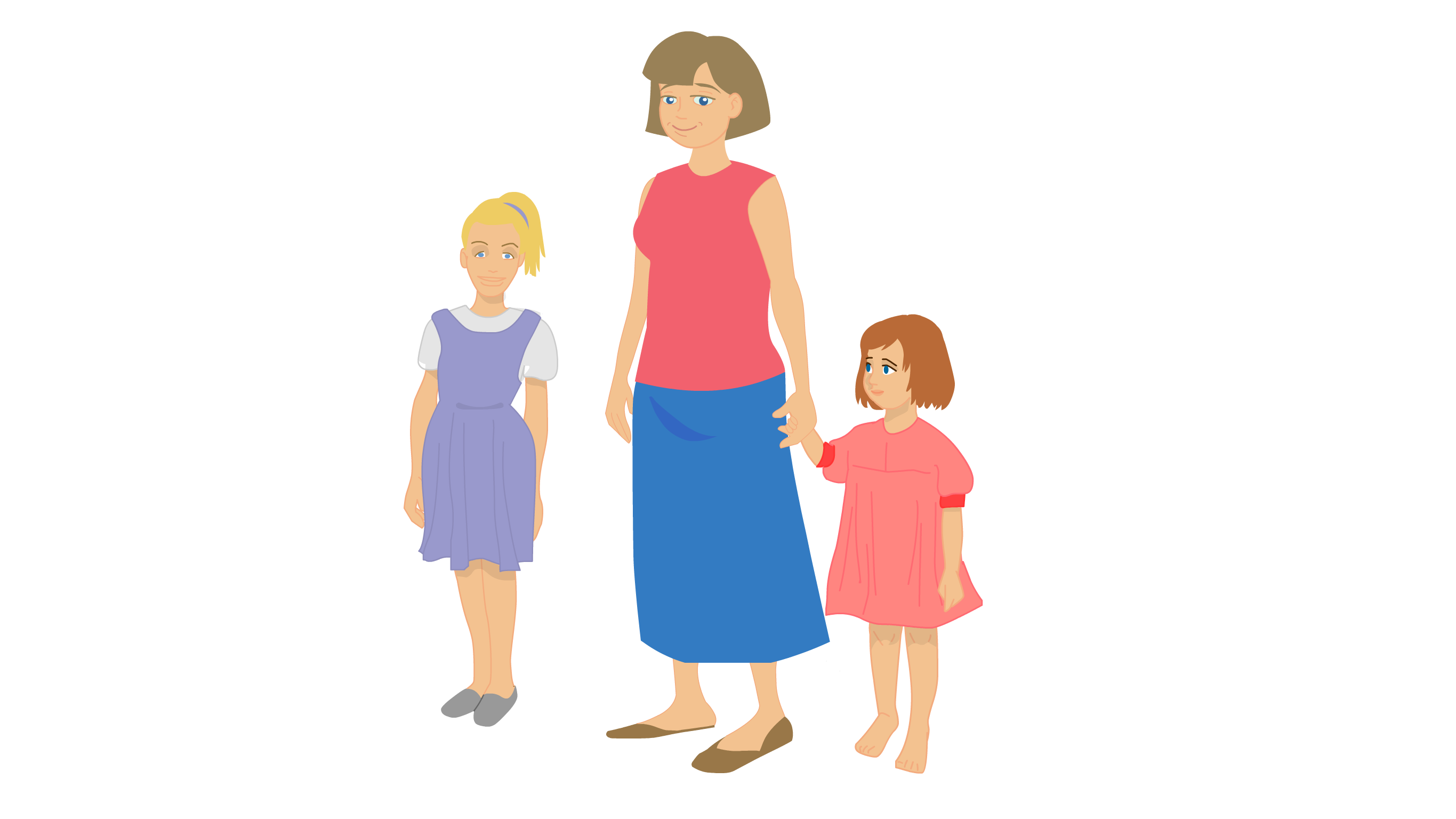
Planning when you get pregnant is important as it is safer for you and your babies.
It helps to stop your babies being born too soon, too small or possibly even dying.

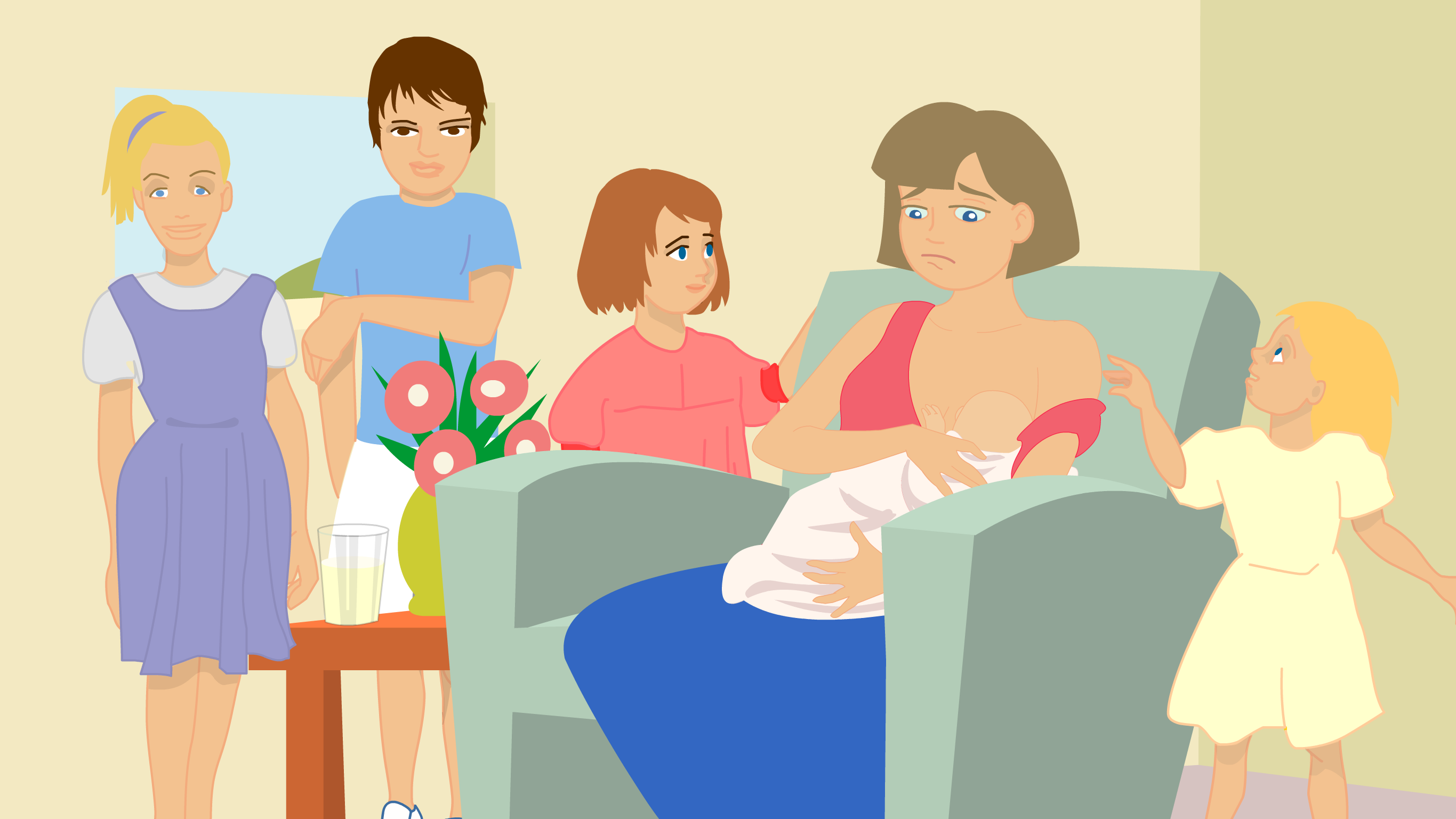
Many people have worries about contraception, but it is very safe.
It is safer than having a pregnancy too soon.
It is safer than having a pregnancy too soon.



There are many methods of contraception that can be used for family planning. These are all reversible, except for sterilization.






Barrier methods include male condoms, female condoms and the diaphragm used with spermicide.
Condoms are the only method that help protect you against HIV and other sexually transmitted infections if they are used correctly.







There are also long acting reversible methods of contraception which include:
– IUDs which are inserted into the uterus
– implants which are inserted into the arm
– injections which are given into the bottom or leg.
– implants which are inserted into the arm
– injections which are given into the bottom or leg.
These methods are better at stopping pregnancy than other methods. They can last between 3 months for the injection and up to 10 years for the IUD.




You can also take a contraceptive pill every day that will help stop you from getting pregnant.
These hormones can also be given through a patch that you wear on your arm or a vaginal ring that goes into the vagina. All these methods are very effective and safe.

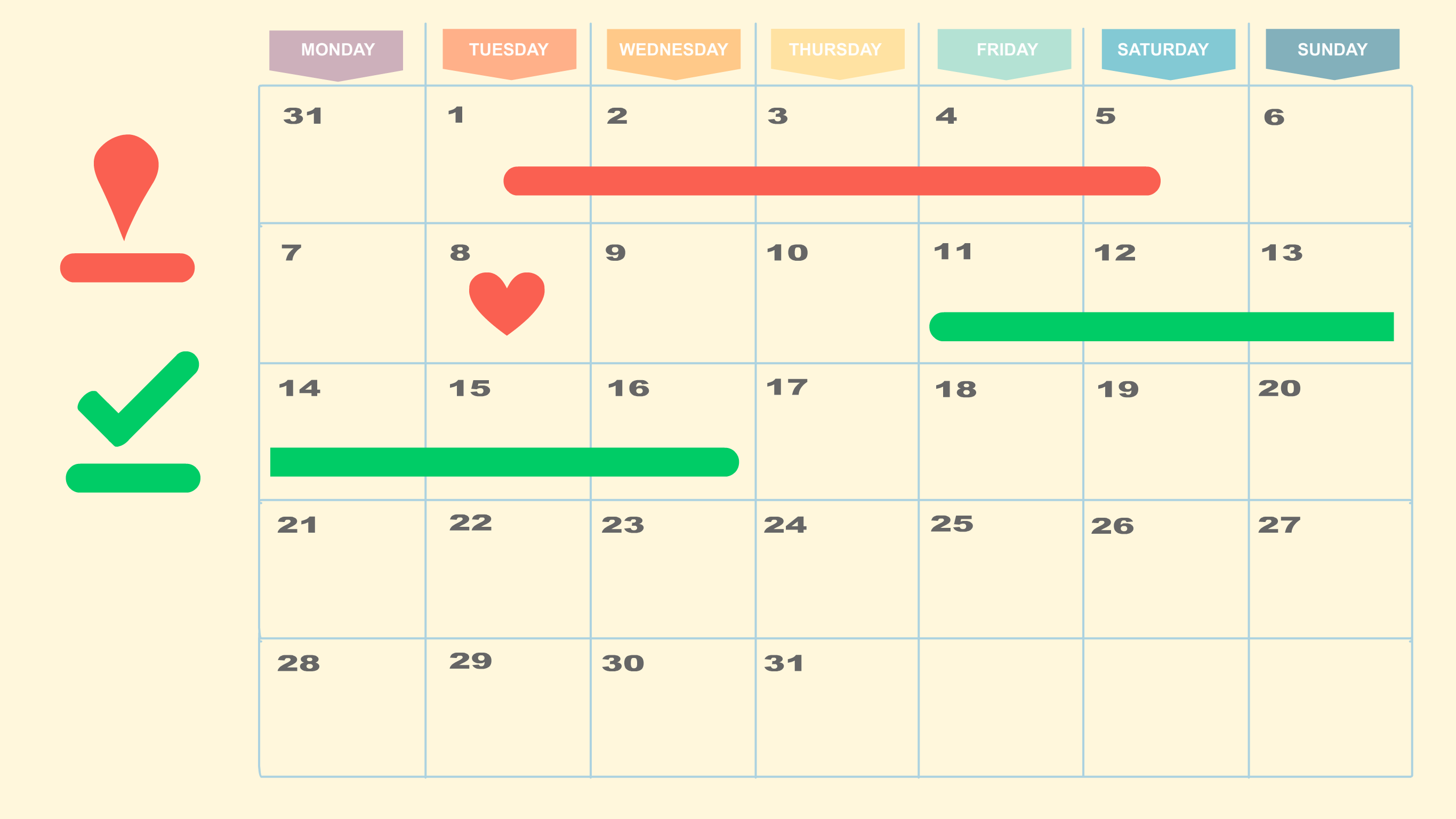

The fertility awareness method tracks the menstrual cycle, body temperature and cervical mucus to show the days when you are less likely to get pregnant.
BUT this is NOT as good at stopping pregnancy as other methods and it is NOT very reliable.






Sterilization is the only method that lasts forever it requires a small operation.
It is known as a vasectomy in a man and sterilization in a woman.
Sterilization should only be chosen if you are sure that you do not want any more children.



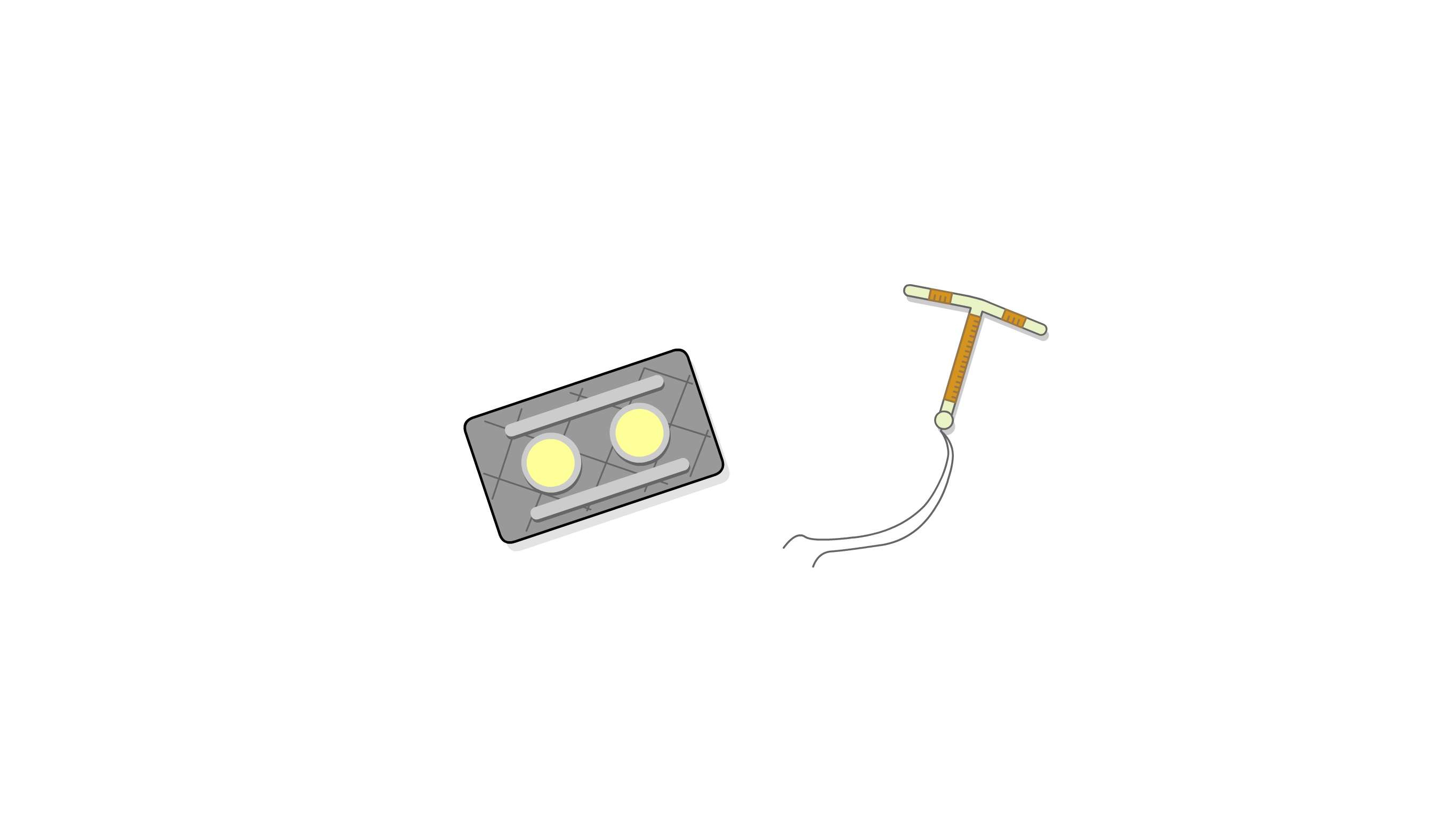
Where available, emergency contraception after sex is also possible. This requires that you take a special medication or have a copper IUD fitted within a maximum of 5 days after you have had sex.
Emergency contraception is not available everywhere.


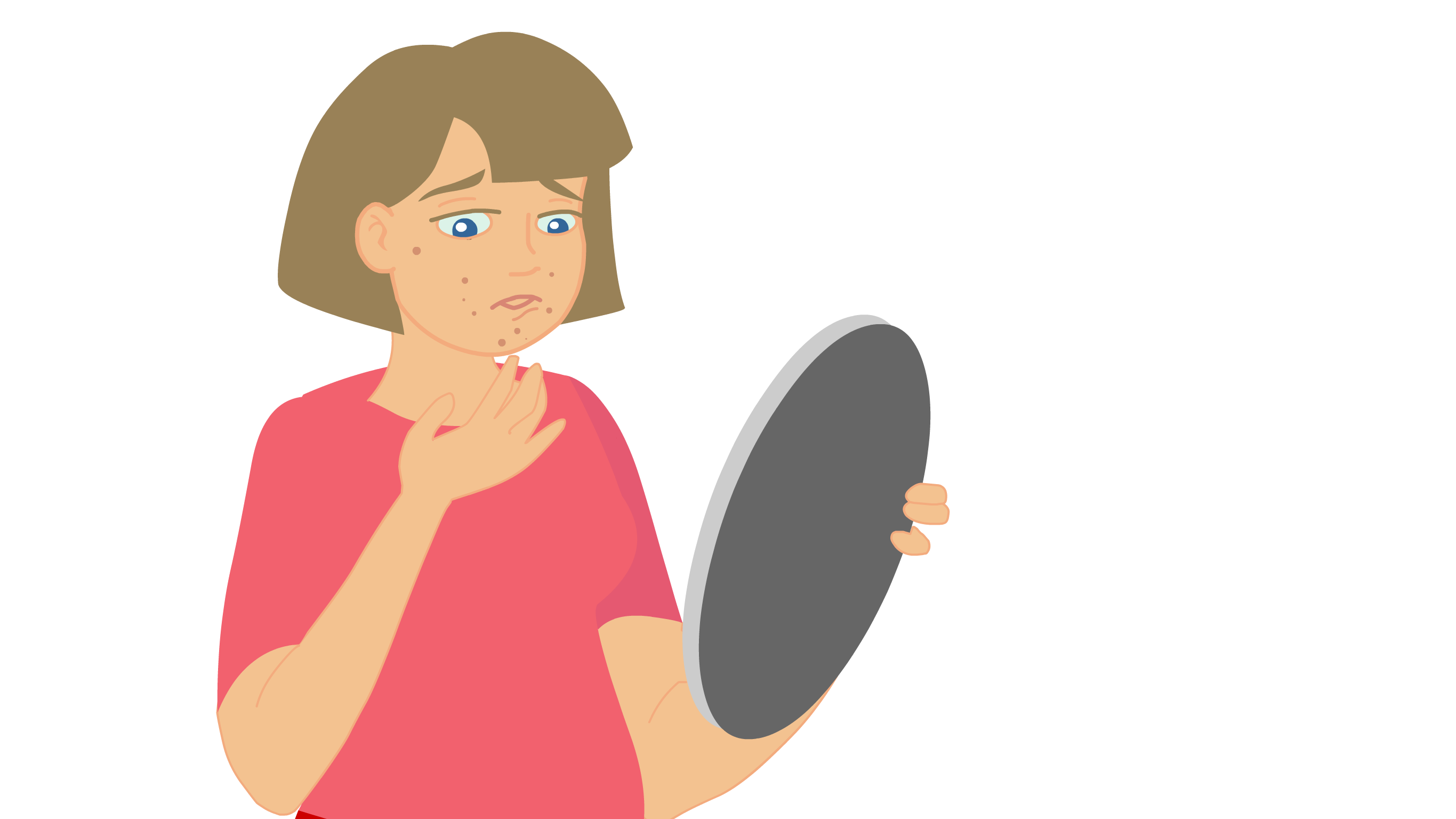
Some methods of contraception may have unwanted side effects. These are normally mild and last for only a short time.


However, certain methods offer additional benefits, for example some may help with heavy or painful periods.

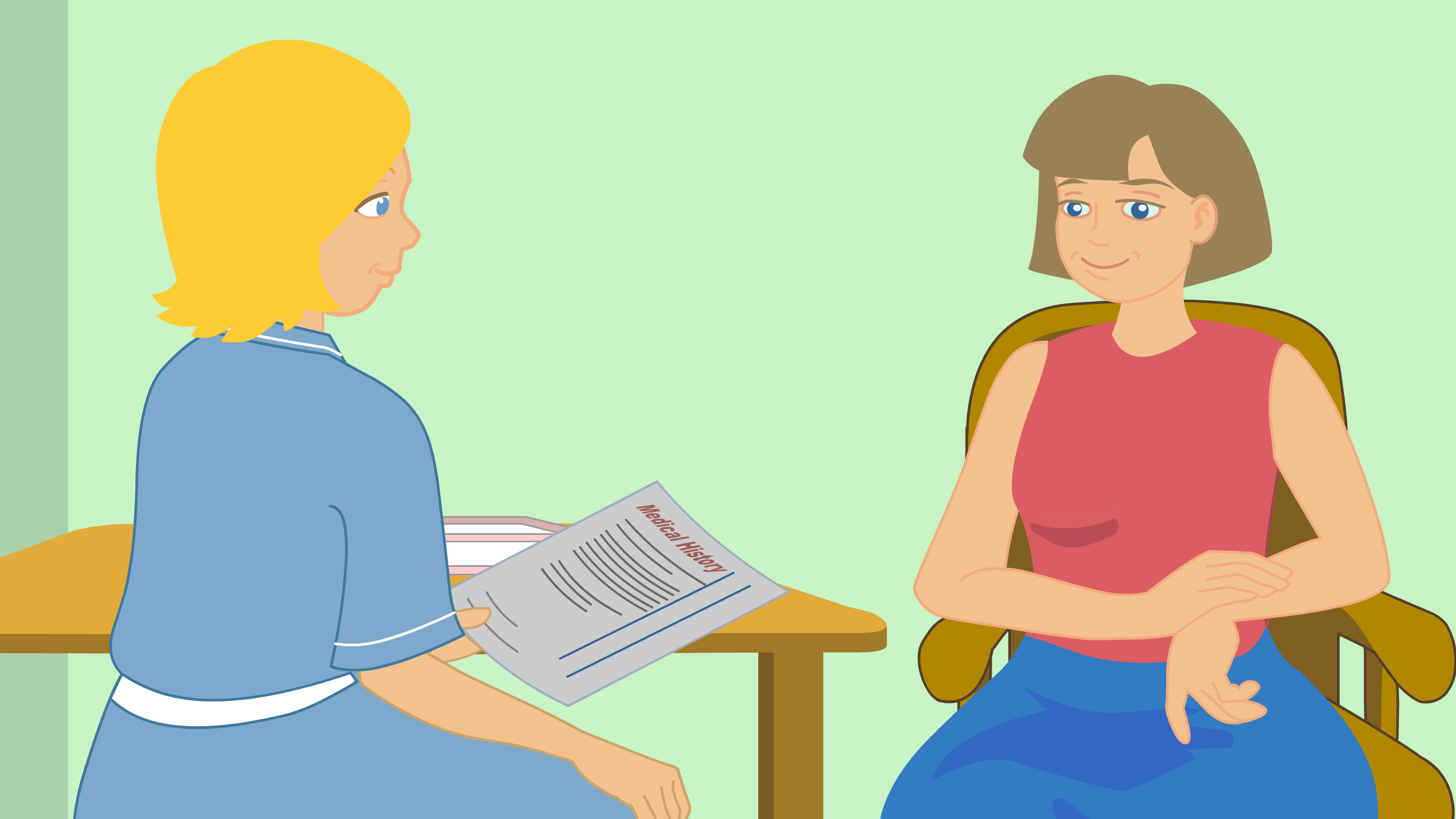
Ask your healthcare worker about what methods are available and when and how you can get them.

The author of this CONTRACEPTION programme is:
- Dr Anna Graham
King’s College Hospital NHS Foundation Trust, London, UK
The Welfare of Women programme has been created under the General Editorship of Dr Kate Lightly, University of Liverpool, UK and is overseen by an expert International Editorial Board
/
